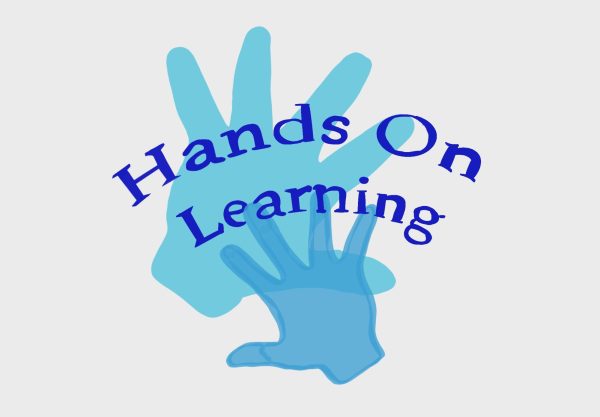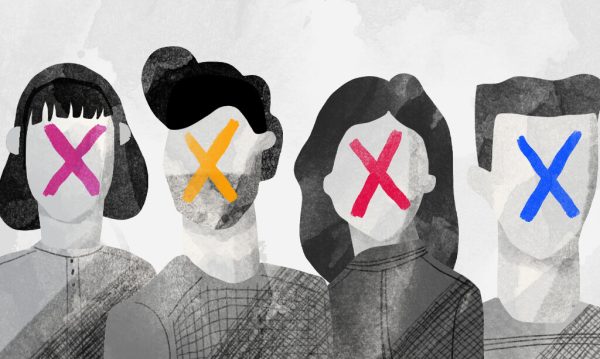Is it Ethical to Online Shop During Quarantine?
Stay-at-home orders and the omnipresence of technology in the lives of modern Americans during the coronavirus pandemic have made it nearly impossible not to watch the unceasing, and often depressing, news stories and scroll through social media feeds until your fingers just about fall off. Ironically enough, doing nothing all day is exhausting. Searching for an escape from social media and the continual bombardment of COVID-19 updates from the media, many Americans are turning to their laptops for some retail therapy. But, is it socially responsible to be online shopping during this epidemic?
Given the closure of non-essential businesses and the risk of going out in public to go shopping, many businesses have encouraged customers to shop online to limit human interaction and comply with state-mandated stay-at-home and/or social distancing orders. Most grocery stores and some small farms have adopted online ordering for food; pharmacies are now offering delivery for medications; and Amazon has, well, everything else. As for non-essential shopping, many clothing stores have taken advantage of the quarantine by having huge online sales in an effort to entice regular customers and bored, mindless Internet surfers alike.
With all these services available to consumers, it is certainly possible to avoid leaving home for the entirety of the quarantine and have all necessary food and supplies shipped right to the doorstep. Taken at face value, this seems like the ideal solution in the era of social distancing. However, to form a solid opinion on this issue, one must understand both sides of it. Considering that online shopping keeps people at home and participating in the economy, it is an exemplary display of social responsibility. But, it is important to remember that in most cases there are other people, the essential workers, who have to fill each and every online order that is placed. Take the company Instacart as an example. Instacart allows customers to place online orders at grocery stores for hired “shoppers” to then purchase and deliver. These “shoppers” are still risking their lives, albeit voluntarily, to fill every order. Now, it is definitely reasonable for the elderly and the immuno-compromised, as well as those who have COVID-19, to utilize services such as Instacart to ensure their own safety and the safety of those around them by not going in public, but what about everyone else? Is it right for people to essentially be paying others to risk their lives going out to run their errands for them?
Now, as with most things, there is no absolute right answer to this. The best thing for people to do right now is to be self-aware and responsible to the best of their ability. It is important to discern the difference between essential and non-essential ordering, and sticking to only placing the necessary ones in order to limit the number of essential workers who have to leave the house, while still simulating the economy. Healthy and capable people who take the necessary precautions of wearing a mask and gloves and staying at least six feet away from other people can opt to go in public to shop for groceries, pick up medications, and other essential shopping trips, or they can choose to order online, which is a perfectly acceptable choice. In such uncharted, scary and stressful times as now, it is unfair to shame people for their choice when there is no clear advantage to one over the other.

Grace Manzo, class of 2021, is a second year staff writer for The Rebellion. She is a member of Student Council, runs indoor and outdoor track, and participates...











